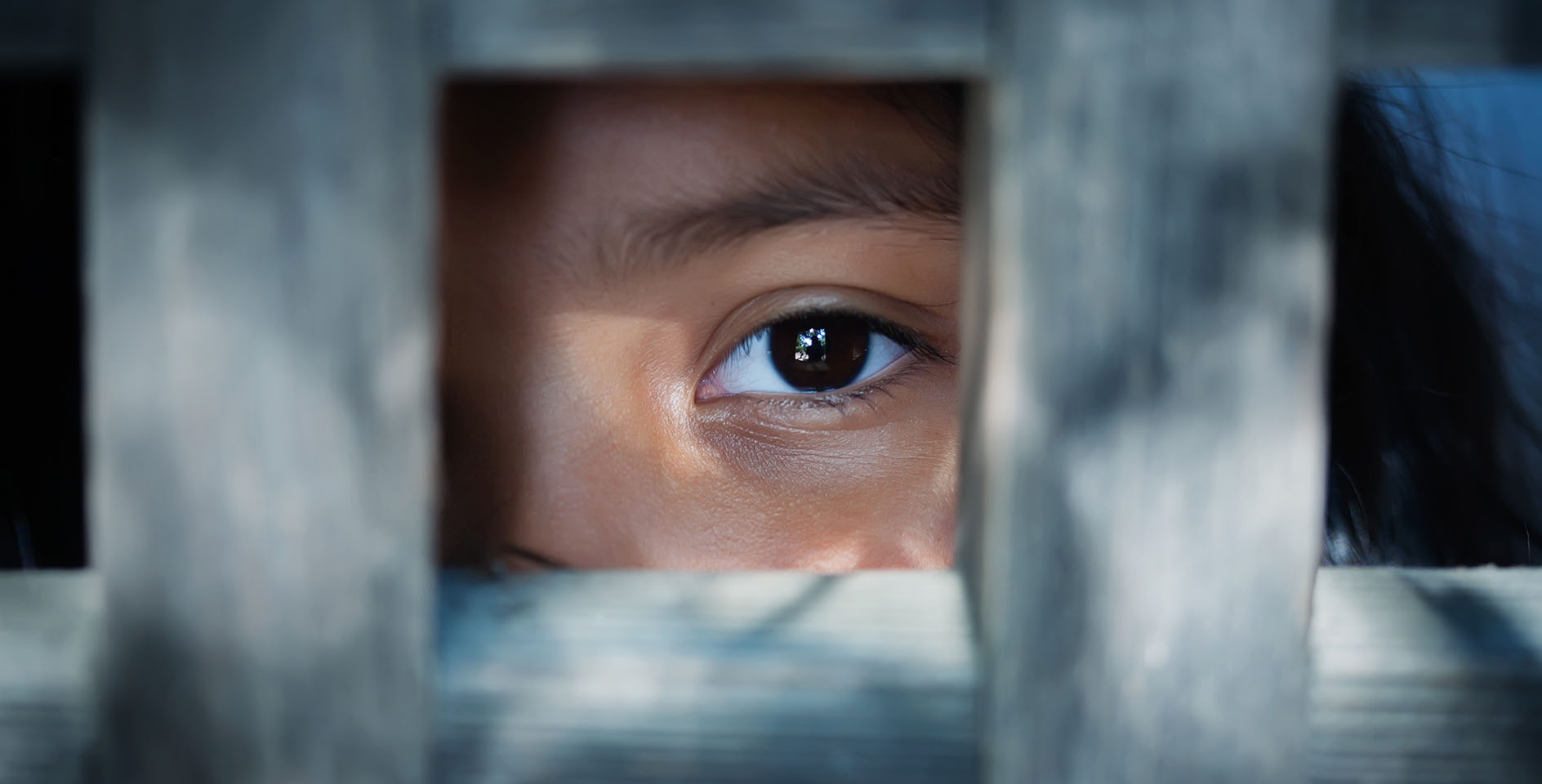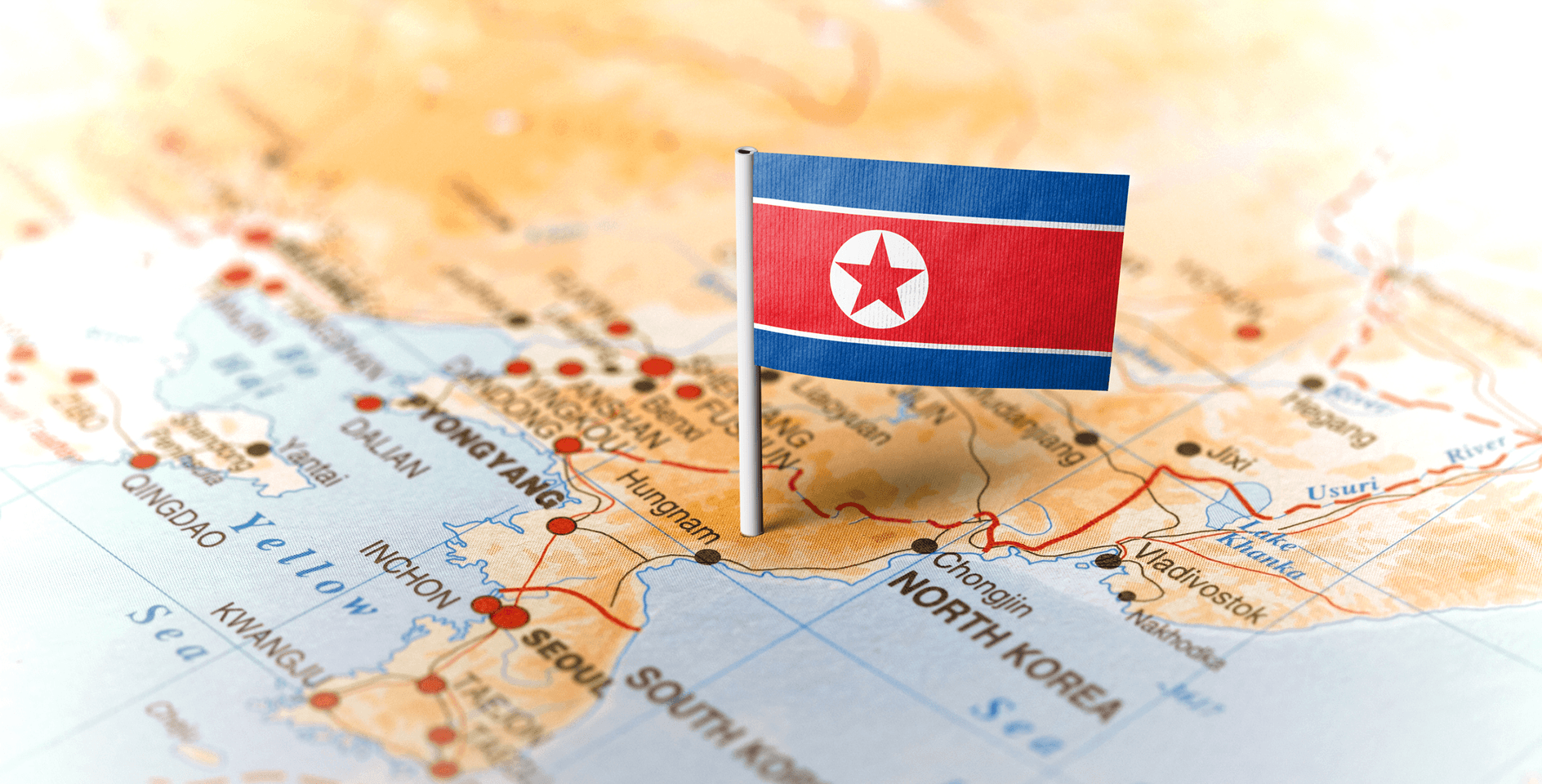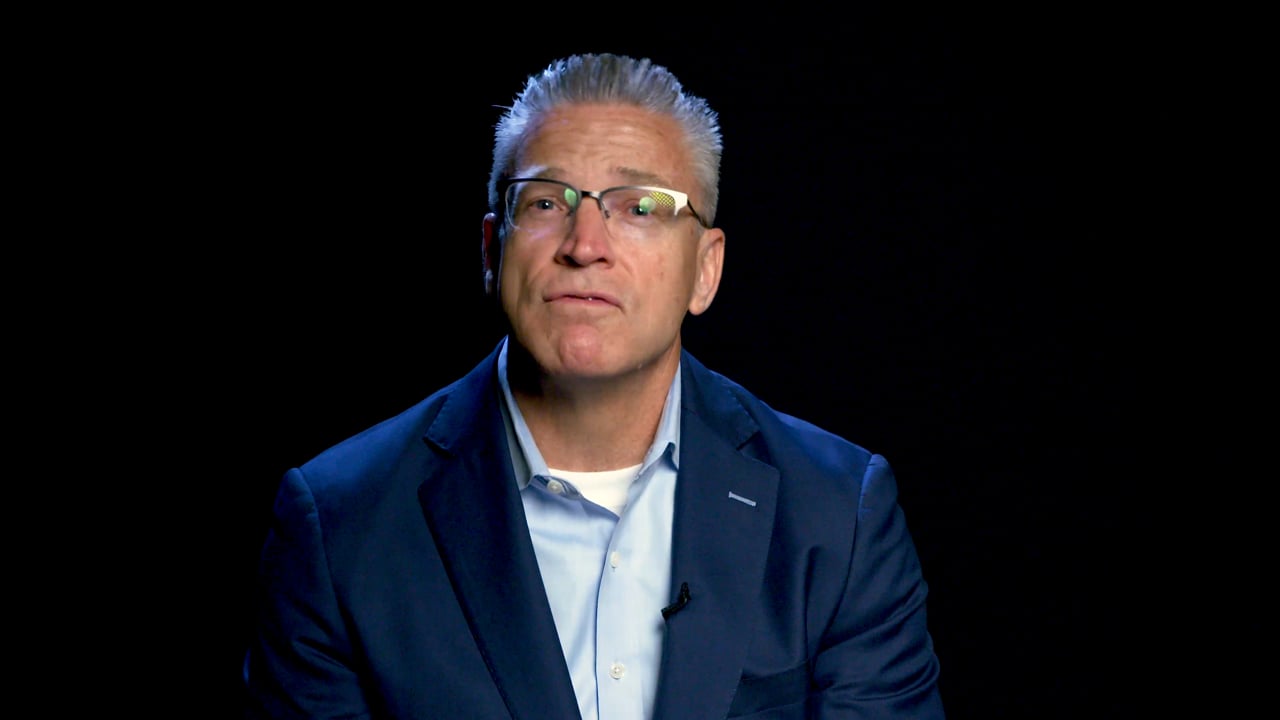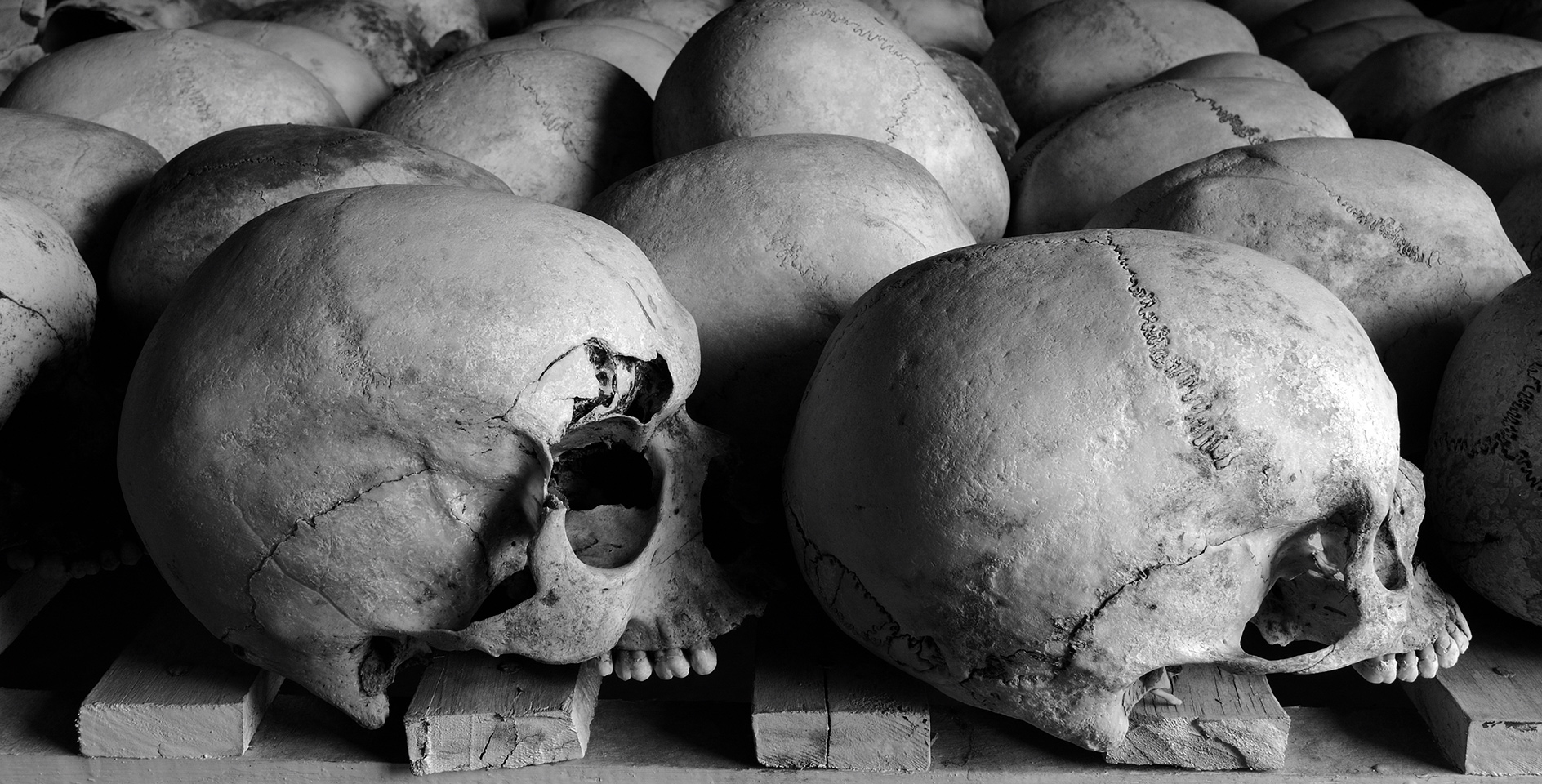Today is the International Day for the Abolition of Slavery, a commemoration of the date of the adoption, by the General Assembly, of the United Nations Convention for the Suppression of the Traffic in Persons and of the Exploitation of the Prostitution of Others (resolution 317(IV) of 2 December 1949).
Here are five facts you should know about modern slavery.
1. Modern-day slavery, also referred to as “trafficking in persons,” or “human trafficking,” describes the act of recruiting, harboring, transporting, providing, or obtaining a person for compelled labor or commercial sex acts through the use of force, fraud, or coercion. There are more slaves today than were seized from Africa in four centuries of the trans-Atlantic slave trade. In fact, there are more slaves in the world today than at any other point in human history, with an estimated 21 million in bondage across the globe.
2. For most of human history slaves were expensive, the average cost being around the equivalent of $40,000. Today, the average slave costs around $90. A 2003 study in the Netherlands found that, on average, a single sex slave earned her pimp at least $250,000 a year. Trafficking in persons is estimated to be one of the top-grossing criminal industries in the world (behind illegal drugs and arms trafficking), with traffickers profiting an estimated $32 billion every year.
3. Human trafficking disproportionately affects communities of color. Including here in the United States, the U.S. Department of Labor estimates that over 77 percent of trafficking victims in the United States are people of color. According to a report by the FBI, confirmed sex trafficking victims were more likely to be white (26 percent) or black (40 percent), compared to labor trafficking victims, who were more likely to be Hispanic (63 percent) or Asian (17 percent). Four-fifths of victims in confirmed sex trafficking incidents were identified as U.S. citizens (83 percent), while most confirmed labor trafficking victims were identified as undocumented aliens (67 percent) or qualified aliens (28 percent).
4. Traffic of children in Asia assumes a more significant proportion of overall trafficking than in other regions of the world. Younger children are found in the sex industry as customers seek to avoid AIDS, and much Asian sex tourism features children and minors of both sexes. In India, children are maimed to be more effective beggars. In China, babies are trafficked for adoptions abroad, with boys commanding more than girls. In Sri Lanka, Myanmar, and the Philippines, children are trafficked as child soldiers.
5. Most trafficking in teens is for sex slavery. The average age a teen enters the sex trade in the U.S. is 12 to 14-year-old. According to Shared Hope International, children exploited through prostitution report they typically are given a quota by their trafficker/pimp of 10 to 15 buyers per night, though some service providers report girls having been sold to as many as 45 buyers in a night at peak demand times, such as during a sports event or convention. Utilizing a conservative estimate, a domestic minor sex trafficking victim who is rented for sex acts with five different men per night, for five nights per week, for an average of five years, would be raped by 6,000 buyers during the course of her victimization through prostitution.
Other Articles in the 5 Facts Series:
HIV and AIDS • Thanksgiving • Cooperative Program • Military Suicides • Gambling in America • Truett Cathy • Hunger in America • Suicide in America • Christian Persecution • Civil Rights Act of 1964 • Supreme Court’s contraceptive mandate decision • Fathers and Fathers Day • Euthanasia in Europe • Marriage in America • March for Life • Abortion in America • ‘War on Poverty’









